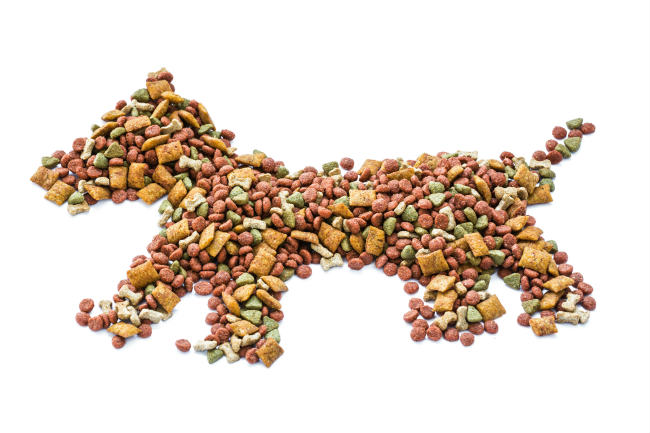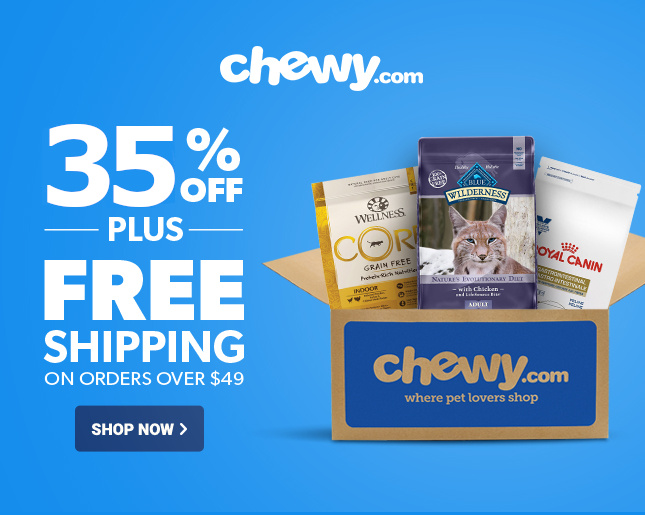
This post may contain affiliate links. We are compensated for referring customers to our affiliate partners.
Dogs need more than just a can of meat to stay fit and healthy. To keep your dog in optimum health and ensure a long life for your pet, it is very important that you understand how to provide a healthy, balanced diet appropriate to your dog’s needs. This article explains everything you need to know.
Essential Nutrients For Dogs
There are essential nutrients that a dog must have in his diet if he is to be healthy and long-lived. These are proteins, fats, fibre, vitamins, minerals and water.
Proteins
Proteins are the fundamental building blocks of healthy cells. They are necessary for building and maintaining muscle tissue. They are also important for cell repair and recovery from illness or injury. Proteins suitable for a dog can be found in lean meats, eggs and dairy products.
Fats
Not all fats are the same. Ensuring that your dog gets the right kind of fats in his diet will help promote healing and boost his vitality. The best fats for dogs are those which contain essential fatty acids. They are also an excellent source of vitamins A, D, E and K. There are some of these fats in meat but additional supplements of fish oils, which are high in omega-3, is a good idea for optimum canine health.
Fibre
A dog that only eats meat will miss out on essential fibre. Fibre assists in slowing down the process of digestion, giving your dog’s metabolism more time to absorb nutrients from his food. Fibre also helps the passage of waste matter through the digestive system and will make his ‘business’ firmer and easier to pass – and clean up! Good sources of fibre for dogs are wholegrain rice and vegetables. These can be cooked and added to your dog’s meat or you can purchase ready-made ‘mixer’ granules.
Vitamins And Minerals
The vitamins and minerals your dog needs should be provided if you offer him a healthy and varied diet of fresh foods. However, if you are feeding canned food, it is a good idea to get a proprietary supplement from your pet store or veterinarian. This is usually a liquid or a powder that can be added to his meat or water. Vitamins and minerals help promote healthy skin, tissues, blood and bones. They also boost metabolism, keeping your dog fit and active.
Fresh Water
As with any living creature, a supply of clean, fresh water is essential for health. You should make sure that your dog always has access to water. In hot weather it may be necessary to refill your dog’s water bowl two or three times a day.
Is It Better To Feed Your Dog Commercial Food Or Natural Food?
As long as all the essential nutrients mentioned above are present in the food, it is really a matter of personal choice based on individual preferences and budgets. There are advantages and disadvantages to both.
Commercial Foods Are Produced In Both Dry And Wet Forms
Dry foods can aid in maintaining healthy teeth and gums but you must be sure to check the ingredients. Not all dry foods are classified as ‘complete’ foods. A dog fed primarily on dry foods will also need extra water to compensate for the lack of moisture in his diet.
Moist foods have higher protein and fat content but don’t give your dog much to chew on. A lack of chewy material can create problems with teeth and gums. Moist foods cannot be stored as long as dry foods.
Overall, commercial foods can be good for your dog if you choose the right brand and give appropriate supplements. They are also available as special preparations tailored to the needs of puppies, senior dogs or pregnant and lactating females. The key thing with commercial foods is to be careful to read the ingredients to be sure that your dog is getting everything he needs. Learn more about the best commercial dog food in our commercial dog food reviews.
Natural Foods
Natural foods are great for your dog but take much longer to prepare. They are also more difficult to preserve, so you will be taking trips to the store more frequently than if you feed a commercial diet. You will need to prepare raw meat and add to that cooked rice and vegetables and any vitamin and mineral supplements necessary.
It can be difficult to know exactly what quantities of the various nutrients you are providing when you feed a natural diet. It is a good idea to seek the advice of your veterinarian or animal dietician. They may also be able to provide you with recipes suitable for your dog’s particular breed.
While it is more time-consuming and complicated to do, a natural diet is closer to the way your dog would eat in the wild and you can be sure that he is not ingesting harmful preservatives or additives.
Choosing Healthy Dog Treats
In addition to his basic diet, every dog enjoys a treat. These can be given simply to add variety and interest to his day or as rewards in training or for good behaviour.
Treats can be divided into two kinds. There are ‘chewy treats’ and ‘tasty treats’. Tasty treats are usually smaller and quite high in fat and meat content. They are ideal for rewards during training. Chewy treats last longer and are designed to occupy your dog’s mind as well as exercise his jaw and keep his teeth and gums in good condition. There’s no reason why your dog should not enjoy a chewy treat every day but tasty treats should be used less frequently because of their high fat content. They are also more effective as training aids if your dog always has to work for them!
Whether you are feeding show dogs or the family pet, commercial or natural foods, the most important factor is to ensure that your dog has a varied, balanced diet that provides him with all his nutritional needs.
If you follow the advice given here, you will have a healthy, happy and long-lived canine companion.


Hi I was looking through your site and noticed that you have a lot of great information. I have an active dog(runs 12-15 miles a week with my wife) who is still about 10 lbs heavy. I was trying to look through your reviews for a good weight loss food, but you have several you don’t like and don’t make a suggestion for one of the better ones you have reviewed. If you could point me in the right direction that would be great!
Hi Spencer and thanks for the feedback / question. You’re right – so far we haven’t found a great weight loss food for dogs. The reason is because most weight loss dog foods contain a lot of “filler ingredients” in large quantities such as corn and grains. While corn and grains will help your dog feel more full, the grains provide very little to no nutritional value to your dog. Plus, many dogs have trouble digesting those ingredients properly and are they are known allergens for a lot of dogs, too.
If your dog is already on a good diet, you can try feeding slightly less each day or begin limiting treats a little more (for example – cut treats in half instead of giving a full treat or feed 1/8 cup less of the kibble each day). Losing weight over a period of several weeks or months would actually be preferred over quick weight loss. Just like humans, the amount of calories your dog is receiving plays a big part in weight gain or loss, so if you can cut quantities a bit vs. completely changing your dogs diet, that would be a good way to go.
Truth be told, USUALLY (not saying this is true in your specific case) it is the number of treats or feeding human food that is the biggest issue, not the kibble dogs are eating. If your dog has gained weight rather quickly, you may want to see a vet for a checkup just to make sure there isn’t some underlying issue going on.
Sorry I can’t provide you with a good weight loss food recommendation, but we just aren’t big fans of weight loss food for dogs.
Thanks so much for the response. He is in all other ways except for the extra fluff a very healthy pup. Some of it is getting my wife on board with not feeding the fun human food. I saw you you all like the Orijin dog food, with my pooch being allergic to Lamb(fun I know) do you have one you would recommend? I am currently feeding him some Science Diet that I am not a big fan of, but it is on the shelf. I am trying to find some better food for him.
Sure thing Spencer! Yes, Orijen is a great brand and I actually feed my own dog Orijen Regional Red, but that blend does include lamb. Unfortunately, Orijen is crazy expensive, but my dog does very well on it. You can look into some of their other blends as they are all very high quality.
If you don’t have the budget for Orijen, I’m also a big fan of 4health which is the Tractor Supply Co. store brand. Kirkland, the Costco brand, is also higher quality but at a much lower price than Orijen.
Giving an exact recommendation is tough because different dogs will prefer different types of food. It’s also important to take allergies and food intolerances into effect. For example, while my dog does well on Orijen, some dogs would get the runs from it as the food contains pea fibre, which some dogs have difficulty digesting. So what is good for one dog might not be great for another. If your dog has other food allergy issues, you may want to consider switching to a wet or canned dog food as they usually contain far fewer ingredients.
The main thing we look for in dog food is a lot of meat based protein in the top 5 ingredients. You’ll notice most of the cheap foods contain corn and grains while the more expensive stuff contains higher quality meat based products.
Also, be sure when you switch over to a new kibble you switch it over slowly. Simply add a little of the new stuff each day for about a week to 10 days until you can gradually switch over completely. Changing over your dogs food right away can cause some stomach upset and diarrhea, so changing over slowly is best.